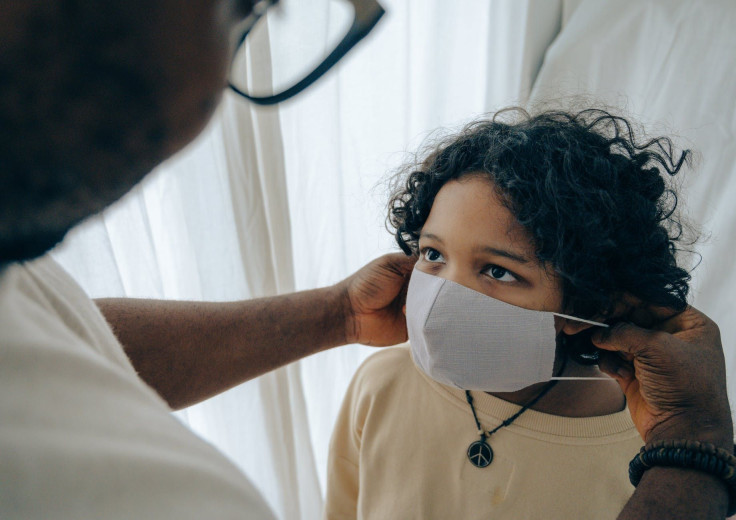England Records Alarming Pediatric Hospital Admissions Due To COVID-19

England appeared to have recorded alarming pediatric admissions due to COVID-19 based on recently published figures.
A study published in The BMJ shed light on hospital admissions related to severe acute respiratory syndrome coronavirus 2 (SARS-CoV-2) infection in pediatric patients in England. With a focus on understanding COVID-19 outcomes and risk factors, the study provided valuable insights into the implications of hospitalizations in children.
Despite pediatric hospitalizations with SARS-CoV-2 being rare, the study highlighted the high infection rates among children, particularly those with underlying co-morbidities who were more susceptible to severe outcomes of COVID-19. Notably, vaccination rates in the pediatric population remained low, adding to the concern.
The comprehensive nationwide retrospective cohort study analyzed data from electronic healthcare records of 12 million pediatric residents of England between September 2021 and April 2022. The study examined various factors, including initial COVID-19-related hospitalizations, the role of SARS-CoV-2 as a contributory factor, incidental COVID-19 cases and hospital-acquired or nosocomial COVID-19.
The researchers utilized multiple datasets, including laboratory-based SARS-CoV-2 testing information, primary care data and hospital records, to analyze the findings. The study period was stratified based on different periods dominated by different variants.
Out of the 3,226,535 pediatric patients with initial SARS-CoV-2 infections, 0.9% required hospitalization. The median hospitalization duration was two days, with 6% of COVID-19-related hospitalizations requiring critical care and 4.3% attributed to multisystem inflammatory syndrome in children (MIS-C). The study reported 70 deaths associated with SARS-CoV-2 infection or MIS-C, with the majority occurring in individuals with COVID-19-related hospitalization.
SARS-CoV-2 was found to be either the reason or a contributing factor in 72% of hospitalized individuals, with 1.3% acquiring COVID-19 in healthcare settings. Male participants, children under five years of age, those from minority ethnicities, and individuals living in high-deprivation areas had a higher likelihood of hospitalization.
The study also examined the impact of the COVID-19 vaccination program in England, identifying specific medical conditions associated with a greater risk of SARS-CoV-2-associated hospitalization, according to News Medical. While 38% of hospitalized individuals had documented medical conditions, 16% had developmental or medical health conditions not listed in the program.
During the dominance of the omicron variant, the percentage of pediatric patients with severe infection decreased to 0.9% compared to 2% during the early variant periods and 0.7% during the delta variant period. Notably, this decline was attributed to a reduced rate of MIS-C diagnoses.
However, the study revealed a significant increase in pediatric hospitalizations during the dominance of the delta and omicron variants compared to the earlier periods. The most severe cases were observed among individuals hospitalized with MIS-C, with a substantial proportion requiring intensive care and longer hospital stays. Additionally, a high proportion of hospitalized individuals, particularly those in critical care, were unvaccinated.
Overall, the study provided crucial insights into pediatric COVID-19 hospitalizations, including risk factors, vaccination impact and the severity of cases during different variant periods. The findings underscored the importance of vaccination efforts and further understanding of the long-term implications of COVID-19 in children.



























